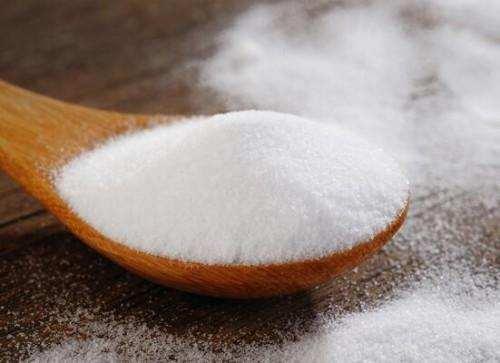Peanut Butter Cheese and Baking Soda: A Comprehensive Guide to Safely Managing Pet Poisoning
Guide or Summary:Peanut ButterCheeseBaking SodaManaging Pet PoisoningIn the realm of pet care, ensuring our furry friends' well-being often requires vigilan……
Guide or Summary:
In the realm of pet care, ensuring our furry friends' well-being often requires vigilance and quick thinking. One such scenario involves the accidental ingestion of potentially hazardous substances, such as peanut butter cheese and baking soda. While these are not inherently toxic to pets, their consumption can lead to digestive upset or other health issues. This article delves into the intricacies of managing pet poisoning with peanut butter cheese and baking soda, offering practical advice and steps to maintain a safe environment for our beloved pets.
Peanut Butter
Peanut butter, a staple in many households, is not only delicious but also offers numerous health benefits for humans. However, its consumption by pets must be monitored. Peanut butter contains xylitol, a sugar alcohol that can be toxic to dogs in large quantities. Symptoms of xylitol poisoning include vomiting, diarrhea, lethargy, and in severe cases, liver failure. To mitigate these risks, it's crucial to choose peanut butter that does not contain xylitol and to feed it in moderation.

Cheese
Cheese, another beloved treat among humans, can also pose risks to pets. While many cheeses are safe in small amounts, some varieties, such as blue cheese or aged cheeses, contain mold that can be harmful to pets. Additionally, cheese is high in fat, which can lead to digestive issues like pancreatitis in dogs. To ensure your pet's safety, it's best to avoid feeding them cheese altogether or opt for small, plain varieties like mozzarella or cheddar, which are less likely to cause harm.
Baking Soda
Baking soda, a common household cleaning agent, should be kept out of pets' reach. When ingested, baking soda can cause gastrointestinal distress, including vomiting, diarrhea, and dehydration. To prevent accidental ingestion, store baking soda in a secure location and supervise your pet closely during cleaning activities.
Managing Pet Poisoning
Should your pet accidentally ingest peanut butter cheese and baking soda, it's essential to act quickly. The first step is to call your veterinarian immediately. They can provide guidance on the severity of the situation and recommend appropriate actions, which may include inducing vomiting if the ingestion occurred within a few hours.
In some cases, activated charcoal may be recommended to bind to toxins in the gastrointestinal tract and prevent further absorption. However, it's crucial to consult with a veterinarian before administering any treatment, as some substances may interact adversely with activated charcoal.

Prevention is always key in pet care. By being mindful of the substances in your home and ensuring they are inaccessible to your pets, you can significantly reduce the risk of accidental poisoning. Additionally, keeping a close eye on your pet during meal times and when introducing new foods can help prevent ingestion of potentially harmful substances.
In conclusion, peanut butter cheese and baking soda, while not inherently toxic, can pose risks to pets when consumed in excessive amounts or in the wrong context. By understanding these risks and taking proactive measures to prevent accidental ingestion, pet owners can ensure a safer and healthier environment for their beloved companions. Remember, when in doubt, contact your veterinarian for expert advice on managing pet poisoning and maintaining overall pet health.